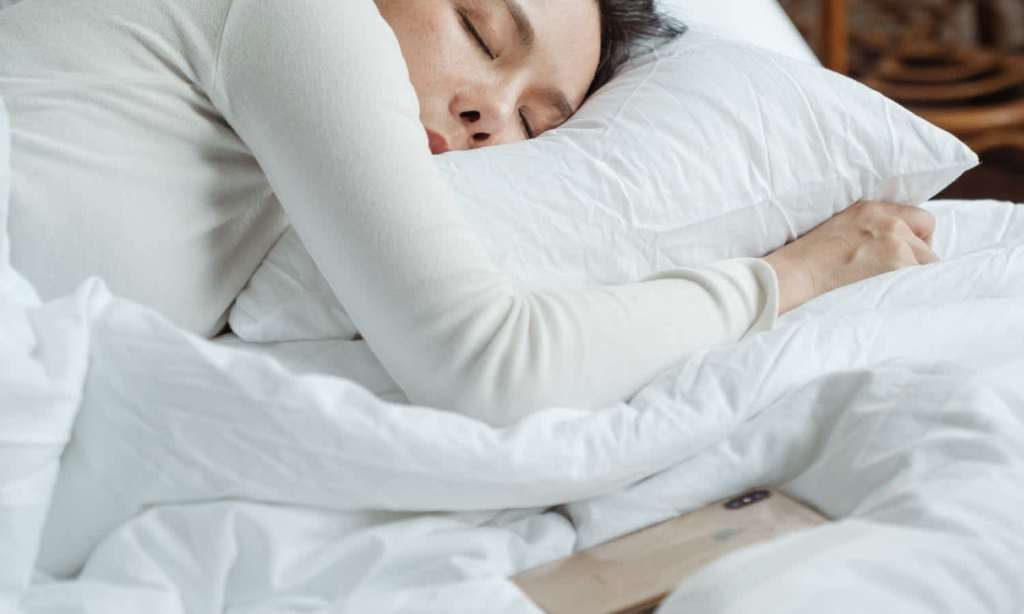Whether it’s in regards to how stress affects sleep, or even for sleep awareness week, there’s one thing experts seem to universally agree on: technology use is not conducive to quality shut-eye. In fact, the majority of recommendations is that any electronics should be out of the way an hour before bedtime, if not a few before.
The reason? You’ve probably heard of it by now, but in case you haven’t, it’s blue light — the light that our electronics emit, that interfere with our melatonin production (the hormone that helps puts us to sleep).
And melatonin — it helps regulate our circadian rhythm. You know, the 24-hour cycle our body follows, that includes our sleep-wake cycle.
Essentially bright lights equal less melatonin equals interfered circadian rhythm, which equals terrible sleep.
But it’s more complicated than that. The technology we use is actually affecting, and changing, our circadian rhythm.
Professor Jamie Zeitzer from Stanford University says technology is impacting our circadian clock in two ways. The first is directly, through artificial light exposure. The second is indirectly, through changing behaviour that then leads to unusual patterns of light exposure.
As for how the light then changes our circadian rhythm, well, it’s changing the time of it, as well as the amplitude or strength of it. Because we’re using artificial light outside of natural light, explains Professor Zeitzer, we’re giving ourselves “erratic timing of sleep”, and weakening the amplitude of our circadian rhythm — which leads to negative health effects.
Another expert, Dr Cele Richardson from Western Australia University, says bright screen light delays our circadian rhythm — and that evidence shows 1.5 or more hours of bright screen use reduces the natural nighttime increase in melatonin.
One expert put it simply. Human physiology, including our circadian rhythm, has remained “pretty much the same as it always has been.” Dr John Caldwell, a research scientist, says that whilst human physiology has done this, “technology has changed quite a bit in recent history.”
The bottom line? We’re going to continue struggling to adapt to anything that changes our routine day-to-day schedules… including technology disrupting and challenging our circadian rhythm.
Read more stories from The Latch and subscribe to our email newsletter.







